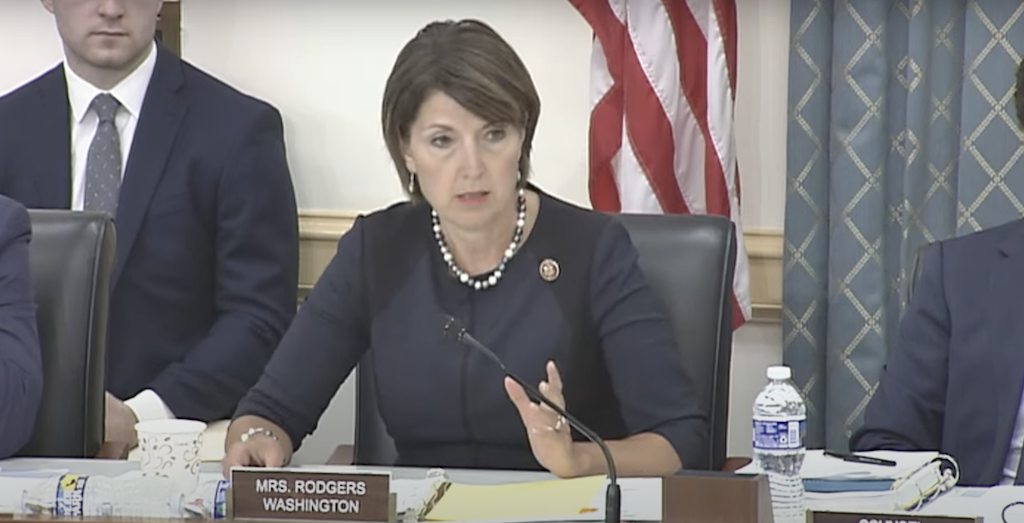Lawmakers and Industry Groups Urge Congress Action on Autonomous Vehicles
The legislation encourages the testing and deployment of the technology.
Quinn Nghiem

WASHINGTON, July 27, 2023 – Witnesses at an Energy and Commerce subcommittee hearing on Wednesday joined lawmakers in pushing for congressional action on establishing a comprehensive federal framework for self-driving vehicles, after several years of regulatory stagnation.
In her opening remarks, Chair Cathy McMorris Rodgers, R-WA, highlighted the importance of advancing US leadership in the field of autonomous vehicles, which can help drive down traffic fatalities, support people with disabilities, and strengthen US technological competitiveness, particularly over China, she said.
Despite these possibilities, the federal regulatory landscape has not been able to catch up with innovation, said John Bozzella, president of trade group Alliance for Automotive Innovation.
The absence of a national standard has led to “a labyrinth of state laws and regulations” which spurs uncertainty among companies and hampers deployment and innovation, warned Bozzella. To that end, he urged Congress to swiftly pass a bipartisan, “balanced federal AV framework” that includes “safeguards, oversight, rules and regulations” to govern the future of autonomous vehicle technology.
“It’s rare that somebody from the private sector comes to plead for their businesses to be regulated by the federal government, but this is exactly what we are seeking,” he said.
Lawmakers have taken a shot at regulating autonomous vehicles in 2017 with the SELF DRIVE Act introduced by Rep. Robert Latta, R-OH, which would have established a national regulatory framework for automated vehicles and encourage the testing and deployment of the technology. The bill passed both the committee and the House but stalled in the Senate.
That legislation now makes up the bulk of legislation considered during Wednesday hearing, along with another bill drafted by Rep. Debbie Dingell, D-MI, to strengthen safety rules regarding automated vehicles and hold manufacturers accountable for adhering to those standards.
“I don’t believe anyone thought we would be back to square one today in 2023, re-examining similar legislation that had previously passed the House unanimously, and that many members of this Committee on both sides cosponsored,” said Innovation, Data and Commerce Subcommittee Chair Gus Bilirakis, R-FL.
Gary Shapiro, president of trade group Consumer Technology Association, said a large number of exemptions should be granted so that companies can start testing new vehicle designs and safety features. Currently, manufacturers are only allowed to deploy up to 2500 vehicles for testing on a temporary basis, a constraint he said would limit the scalability of the technology in the future.
However, Philip Koopman, associate professor at Carnegie Mellon University, sounded a cautionary note regarding “overly-permissive” regulations that would allow vehicle manufacturers to “cut corners on safety.” He argued that automated vehicles are not “a silver bullet for safety” because computer drivers do not necessarily make fewer mistakes than human drivers but rather in different ways.
“If we want to still have an automated vehicle industry in the future, Congress needs to act to require transparency, accountability, and adoption of the industry’s own safety standards,” he said.
The hearing took place against a backdrop of growing dissatisfaction among industry groups and AV advocates regarding the slow-paced regulatory process for driverless transportation technology. Government officials explained that taking time for regulation is necessary to ensure public safety.











Member discussion